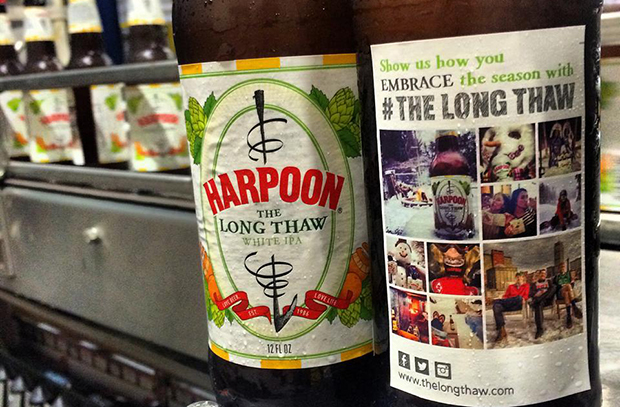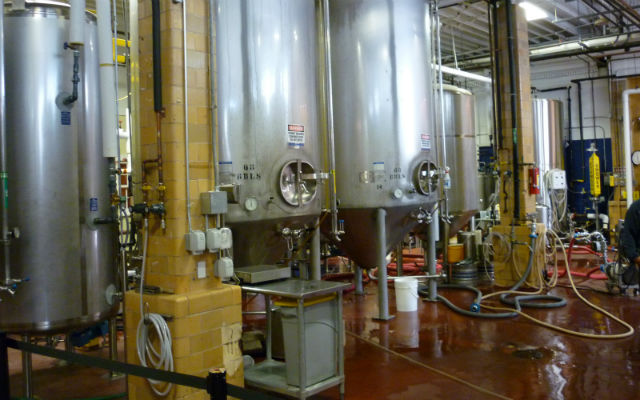
Growing up, I always wanted to be a “newsman.” It started with being obsessed with ‘The CBS Evening News with Dan Rather’ (and Bob Schieffer on the weekends) in the ‘80s and carried into one of my first jobs at 15 as a radio DJ for a small station near my hometown.
To me, every article written or edited for publication comes from the background of being a trained journalist and I wholly understand not everyone in the craft beer industry comes with that understanding when it comes to working with journalists. I was raised on how to report a story, how things are written in such an order, and such.
The Associated Press even has an entire tome that many young journalists are given — the reporter’s “Bible” of sorts — an AP Stylebook. It’s the “dos and don’ts” of how to write in a newspaper. It’s all about plain-speak and writing so as many people as possible can read and understand an article quickly.
In the 10-plus years of writing for Brewer, I have admittedly “adapted” a bit and even created our own “style guidelines” for our magazine and online publication. But some, it seems, clash regarding how some – especially those looking to promote their brand or company — would prefer to work or be showcased. Of course, Brewer is a very niche product, a B2B business resource trade magazine for the craft beer industry, and sometimes what we like to write about and share doesn’t align with the typical “get the word out,” promotion that a brewery or PR company is looking for. We get that and try to explain that as often as we can at the forefront.
But there are still some tips I think can translate for any brewery looking to share with the media; be it from press releases, interviews, or other requests.
I was inspired by Content & Media Consultant Nick Huber, who wrote a post on LinkedIn he called “How to annoy a journalist or make their eyes glaze over.” It gave me a smile and I shared my thoughts and in turn, am writing this to hopefully give some perspective as to what the receiving end of promotion to the media looks like.
Two of the points Huber writes are, “Hey! Thanks for mentioning my client in your article. Would you mind changing their job title to this really long and nonsensical version, and inserting a web backlink to their company?” and “At the end of an interview, which had gone fairly well. “So, just to confirm, I will have the opportunity to check and approve any interview quotes prior to your article being published?”
The link? No trouble. We try to tag every brewery’s page (along with tagging them in social media posts) so this is no issue. Like it or not, playing the SEO game has become an importance, so we play that game.
READ MORE: Learning to Speak as One on Social Media
With my background in television and newspapers, I try to write with “plain-speak” as much as I can and the Associated Press Stylebook is my “bible” of sorts. So, no, you can’t read the story before it’s printed. You either trust me, or you don’t. I’m never looking to have a “gotcha” moment anyway. “Any good journalist will double check facts/quotes if something is unclear, before submitting the article to their editor,” Huber pointed out in his rebuttal as well.
Freelance journalist Joni Sweet also shared some interesting points in a post, including this one I agree with 100%!
“Know who you’re speaking to, what the publication is, and the topic we’re discussing,” she said.
It is a tad off-putting to go into an interview and the subject doesn’t understand that we are asking questions geared toward business ideas and strategies to help other breweries. Yes, we want to talk about your new product but do understand we aren’t writing it to help you sell more of it either, but give insights toward how you are selling it.
Another she said was to not take interviews while driving or walking down a busy street. Personally, I think it’s fine unless it’s for a podcast where sound quality is important. But I tend to agree not to use earbuds or a car speakerphone as they do tend to cut out more often.
Building strong relationships with the media takes time and understanding, but by keeping these tips in mind, you can make the process smoother and more effective, ultimately helping your brewery’s story shine.





